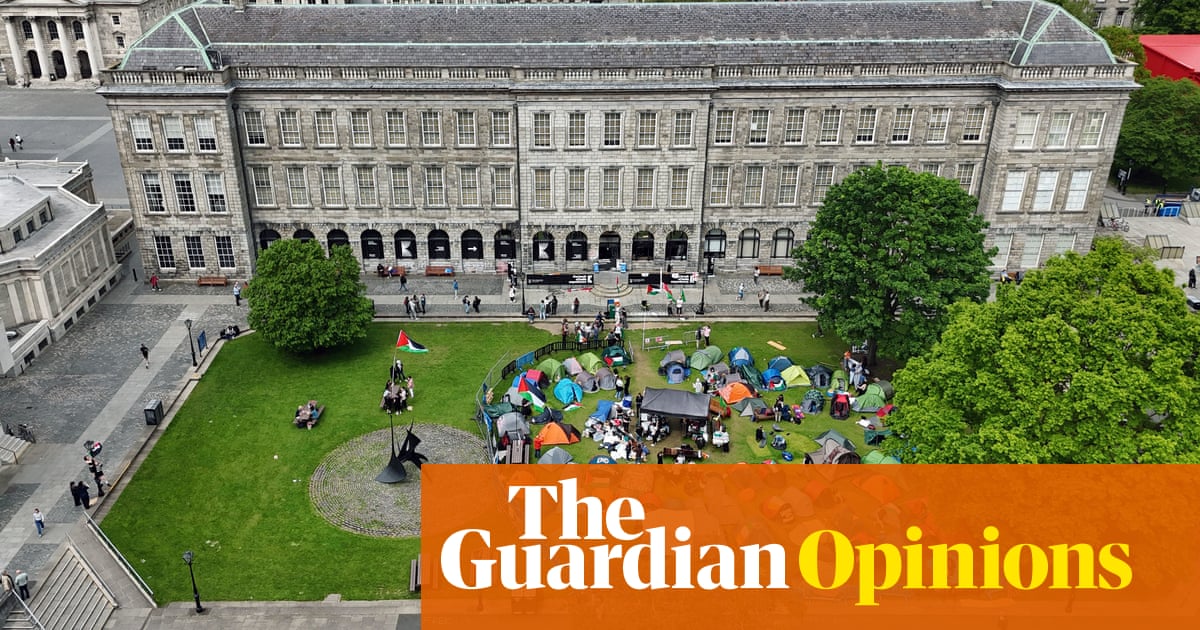
Turkish President Recep Tayyip Erdogan last week visited three African countries as part of his tour of the continent. Economic, defense, political and cultural issues topped his agenda.
His entourage reflected the importance the Turkish leadership places on Africa. He was accompanied by a large delegation that included his wife, Emine, intelligence chief Hakan Fidan and a number of ministers, including Foreign Minister Mevlut Cavusoglu and Defense Minister Hulusi Akar.
Such visits to African countries have become a routine part of Turkish foreign policy under the current leadership. Previously, Africa was a relatively unexplored aspect of Turkish foreign policy, compared with other regions.
The continent was not of much interest to Turkey until the late 1990s. In 1998, the Foreign Ministry drew up a policy on Africa which included an action plan that aimed to expand Turkey’s footprint on the continent by improving diplomatic, economic and cultural ties. It was a milestone in Turkey’s relationship with the continent.
This new policy owed much to then Foreign Minister İsmail Cem’s multidimensional approach to foreign policy. Important changes began to take place during his time in office, between 1997 and 2002, and he played a crucial role in improving Turkey’s relationships with Middle Eastern countries as well.
As part of this new approach to Africa, President Suleyman Demirel, accompanied by Cem, paid an official visit to Algeria in 1999. However, political instability, financial crises and a lack of the necessary tools hindered the full realization of the policy until the Justice and Development Party (AKP) came to power in Turkey in 2002.
The new leadership found an opportunity to develop a vision and policies on the Middle East and Africa that built upon the activism initiated by the previous regime. Moreover, regional and international developments paved the way for the AKP to further engage with both regions.
As Turkey’s economic profile grew under Erdogan and his ruling party, Ankara’s overtures to African nations increased and the scope of the African Action Plan expanded. After the African Union declared Turkey a strategic partner in 2008, Ankara had a solid base from which to further develop relations with individual African countries.
Africa is now a rising economic star and so there is great rivalry on the continent between a number of international powers. For more than a decade, Ankara has been devoting a lot of time and energy to fostering close relations with African countries, and Erdogan’s most recent visit is the latest evidence of that long-standing approach.
The president’s tour last week took in Algeria, Senegal and Gambia. The first two countries also featured on the itinerary of his previous trip to the continent, in March 2018. During that earlier trip he also visited Mauritania and Mali; this time he went to Gambia, becoming the first Turkish president to visit the country.
At a time when Turkey’s policy in Libya is dominating the interest of the international media, it seems Ankara has decided to continue to push ahead with its Africa policy. There are several driving forces behind this decision.
After uprisings in neighboring countries Tunisia, Libya and Egypt, authorities in Algeria are very concerned about the possibility of a spillover effect that might bring unrest. Just as relations between Turkey and Iran developed as part of the Astana peace process for Syria, so Ankara’s relationship with Algeria has also entered a new phase.
Algeria is the only country in north Africa that has close relations with Iran and has opposed any foreign interference in Syria’s internal affairs, while stressing the importance of resolving the problems through dialogue.
Therefore the inclusion of Algeria in Erdogan’s tour is highly significant, especially in light of the situation in Libya and the country’s weight in the region.
Relations between Turkey and Gambia were established in 1965, when the latter gained independence from British colonial rule. Yet it was 45 years before the African nation established a diplomatic mission in Ankara. The Gambian Embassy opened in 2010, and Turkey opened its mission in Banjul the following year.
Mosques and schools play a significant role as soft-power instruments with which Turkey can enhance its cultural presence in Gambia. It is not surprising, therefore, that during last week’s visit Turkish officials inaugurated a refurbished village mosque and school.
During the final stop on the tour, in Senegal, Turkey’s leading charity, the Red Crescent, opened an office in Dakar. The organization’s first in the country, it paves the way for the charity’s first humanitarian mission there.
Another important development was the appointment of Africa expert Ahmet Kavas as ambassador to Senegal. He previously served as Turkey’s ambassador to Chad from 2012 to 2015. During the era of the current ruling party, special significance has been given to the appointment of non-career diplomats. Though diplomatic relations with Senegal began with the establishment of a Turkish Embassy in 1962, Senegal did not open an embassy in Turkey until 2006.
Turkey’s trade minister has stated that the country will attach increasing importance in the coming year to Africa, given the continent’s important potential. Despite challenges, trade remains the most successful element of Turkey’s African approach. Therefore culture, politics, the economy and security are the driving forces of Turkish policy approach to the continent.
Sinem Cengiz is a Turkish political analyst who specializes in Turkey’s relations with the Middle East. Twitter: @SinemCngz











